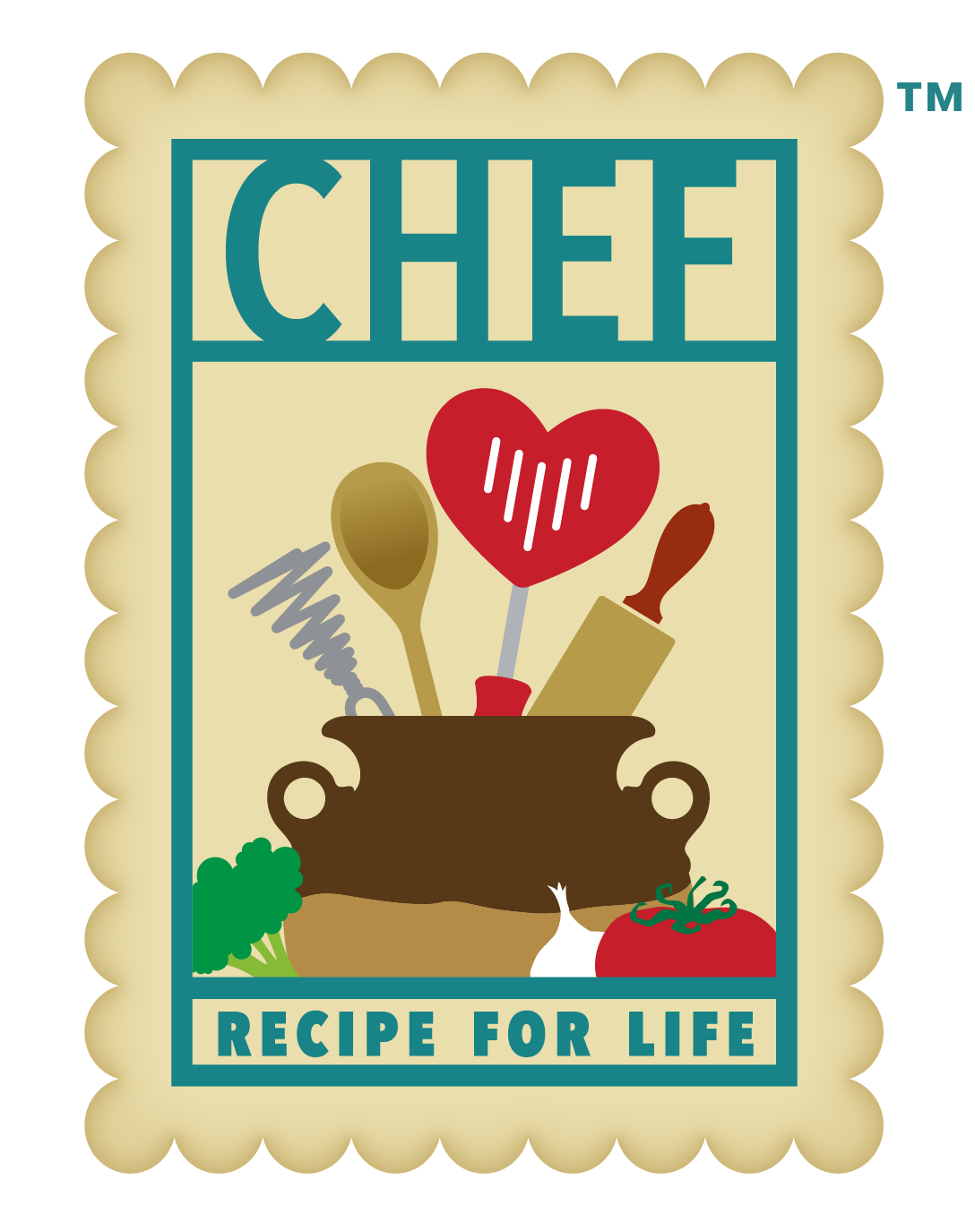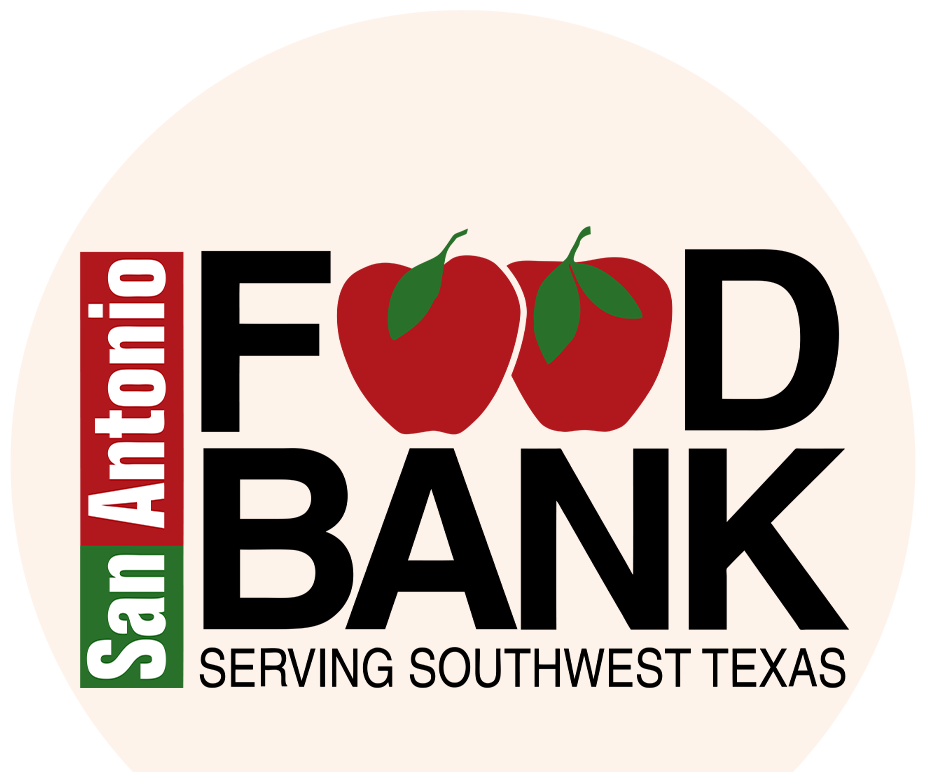Chef
CHOSA Sizzles Through Healthy Innovations

by Christina Acosta
La Prensa
March 7, 2018
The Culinary Health Education for Families (CHEF) program at The Children’s Hospital of San Antonio (CHOSA) celebrated their Innovation Award with a healthy cooking demonstration.
The award was presented at the annual Healthy Kitchens, Healthy Lives Conference in Napa, California this month. The award recognizes the nation’s leading health professional training programs providing innovative nutrition, physical activity and obesity counseling education to their students.
Parents and children had the opportunity to look at Maria Palma, program director and chef at the CHEF program, make a vegetable frittata and Greek yogurt with fruit. For Palma, it is very important to include the most essential cooking skills that families need to have and recipes needed to go along with those cooking skills.
“We teach families how to cook with cauliflower rice instead of white rice, just whole wheat flour instead of white flour,” said Palma. “We believe that they are small changes will lead to bigger improvements. My philosophy is to help to educate others.”
Statistics show fewer than 30 percent of medical schools meet the minimum number of hours of education in nutrition and exercise science recommended by the National Academy of Sciences, Engineering and Medicine. While 94 percent of physicians agree nutritional counseling should be a part of a patient visit, only 14 percent of doctors feel they have adequate training to do so.
Since CHEF’s launch in 2015, the program has offered culinary medicine training in a teaching kitchen to physicians, registered dietitians, allied health professionals, hospital associates, patients and their caregivers. Classes are led by a specially trained team, where they teach basic nutrition and practical cooking skills to eat away diet-related diseases.
To date, CHEF has provided hands-on culinary medical training to more than 160 physicians. In turn, physicians have made more than 730 clinical referrals to the CHEF program at the hospital. CHEF at The Children’s Hospital is part of a larger CHEF network of community teaching kitchens in San Antonio, made possible with funding from Goldsbury Foundation.
Recognizing that physicians receive virtually no formal nutrition education and no training in healthy cooking, CHEF is a uniquely valuable resource for health care providers committed to stemming the tide of diet-related diseases. CHEF trains and certifies physicians and other medical providers in culinary medicine so they may incorporate CHEF teachings into their practice.
“We want doctors to understand that this is not only available to their patients, but also a tool to use as a part of their intervention,” said CHOSA medical director Dr. Julie La Barba, FAAP. “Most doctors in this hospital don’t have an hour to spend for on food, so they create a jump off point with patients and say they want them to go to the teaching kitchen and they prescribe that.”
According to North Dakota State University, family meals allow parents an opportunity to be aware of and monitor their children’s moods, behaviors and activities with friends. Parents know what their kids are doing, who they are with and where and when their activities are taking place.
Family meals make a positive impact on young children’s language acquisition and literacy development. Family meals furnish a daily opportunity for a parent or sibling to speak to an infant or toddler, and help them learn words, understand language and build conversation.
There is wide-ranging evidence that family meals are an important “protective factor” in the lives of children and teenagers. Family meals are associated with a variety of positive outcomes that improve child well-being. These include a decreased risk of substance use or delinquency, heightened personal and social well-being, and better academic performance.
Anna Gafford, along with her eight and 12 year old daughters, are on their third class with CHEF and enjoying new options for the dinner table. Her daughter Diana was referred to the program after going through speech therapy for feeding issues.
This program has given Diana not only the opportunity to try two new vegetables, but also creates a sense of independence and ownership of her family’s health.
“I think in all we are excited that they are giving more options and expanding their palettes in different ways and so for us that is a big deal,” said Anna Gafford. “It was quite successful and there were some textures that she did not adapt it to yet. She had previously refused the process of being responsible for herself and has expanded her palette.”
For more information about the program, visit www.chefsa.org.



